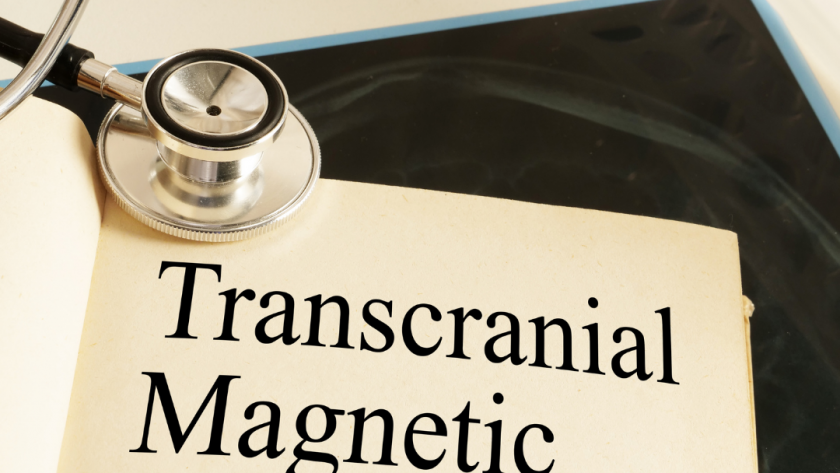TMS therapy, known in full as Transcranial Magnetic Stimulation, is a non-invasive procedure that uses magnetic fields to stimulate nerve cells in the brain. The treatment starts with placing an electromagnetic coil on a patient’s scalp, usually around the forehead. The coil then sends magnetic pulses to the nerve cells. The goal is to help activate the dormant regions of the brain. This, in turn, helps to control depression and mood.
What are the benefits of TMS therapy?
This treatment has grown in popularity over the years because of its significant benefits. Below are some of the primary benefits of this form of therapy:
- Non-invasive
One of the best things about TMS therapy is that it is non-invasive. For this reason, you do not need anesthesia and can stay awake throughout the sessions. Its non-invasive nature also makes it safer, and you will not need to take time to recover.
- Well-tolerated and an outpatient procedure
Another benefit of this treatment is that it is well-tolerated. This is mainly because it is an outpatient procedure and does not require any downtime. Therefore, you can attend a session and go on with your normal daily routine. This is a significant benefit, especially because the treatment involves several sessions.
- Effective for treating depression
The primary goal for TMS therapy is the treatment for depression. It works by activating the dormant regions in the brain to help control mood and depression by sending magnetic waves into your prefrontal cortex. This is the part of the brain that controls mood. Research has proven that TMS therapy is an effective treatment for depression in cases where antidepressants are not working. Psychiatrists also recommend the combination of antidepressants with TMS for the effective treatment of depression and other mood disorders. It is also worth mentioning that TMS is a long-term solution for depression since its effects last for years.
- FDA approved
Another benefit of TMS therapy is that it is recognized and approved by the Food and Drug Administration. The treatment received its approval for depression treatment in 2008 and was approved for treating obsessive-compulsive disorder in 2018. An FDA approval means that it is an effective and trustworthy treatment technique.
- A safer approach to treating depression
TMS therapy is also a safer approach to treating depression. This is because it does not include side effects like insomnia and loss of appetite, which are common side effects of antidepressants. It is also safer than electroconvulsive therapy, which has been known to cause convulsions and memory loss.
What are the downsides of the therapy?
While this therapy is highly beneficial, it does have some drawbacks. Below are some of these downsides:
- Some patients experience anxiety and mild discomfort
Some TMS patients have claimed to have experienced anxiety and mild discomfort during treatment. This is especially prevalent during the first sessions.
- You need multiple sessions
One of the most important things you must understand about Transcranial Magnetic Stimulation therapy is that it requires several sessions over several weeks. This means that you may have to attend sessions at least five days a week for many weeks. A session usually lasts for about twenty to fifty minutes, depending on the device used and the clinical protocol applied. To some patients, this is a serious drawback as treatment requires a significant investment of time.
- Some patients report headaches after treatment
Some patients have also claimed to get headaches after the treatment sessions. However, this side effect is not common.
Conclusion
While TMS therapy has some downsides, its benefits outweigh the downsides. It is also worth mentioning that most patients do not experience side effects – not all patients get headaches or anxiety during or after the sessions. Also, you should remember that TMS therapy does not cause any serious side effects, and it is generally an excellent treatment technique for depression and mood disorders.



